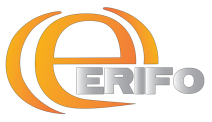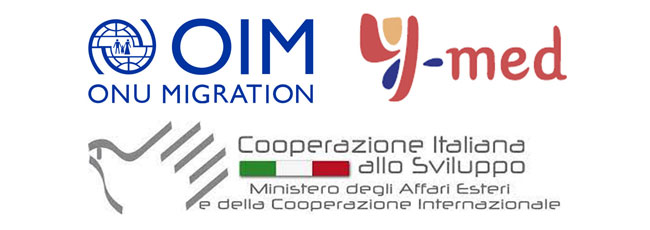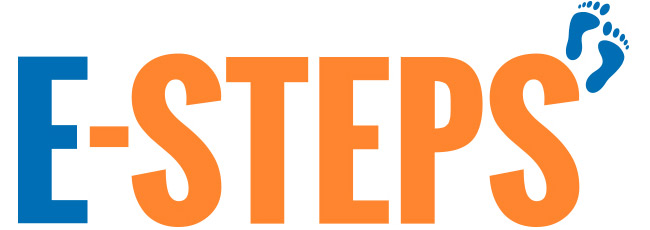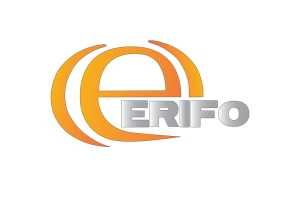- Fondazione ERIFO Impresa Sociale > Lun-Ven 09:00-18:30
- +39 06 69 320 850
- erifo@erifo.it

4 Export
4 Luglio 2022
Masters
6 Luglio 2022Coral - Creating OppoRtunities for Adult Learners through entrepreneurial competences
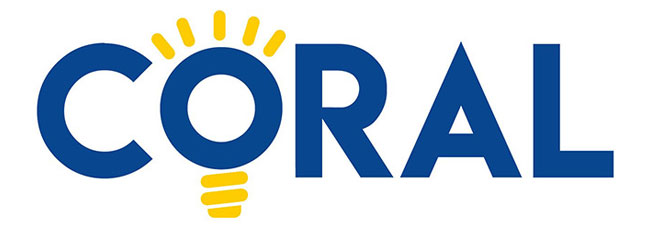
Titolo Creating OppoRtunities for Adult Learners through entrepreneurial competences
Acronimo CORAL
Durata 25 mesi (dallo 01.09.2019 al 30.09.2021)
Azione KA2 – Cooperation for innovation and the exchange of good practices Programma ERASMUS+
Codice progetto 2019-1-FR01-KA204-063080
Capofila ALFMED (Francia)
Partner 9 Partner di 8 Paesi (Italia, Francia, Spagna, Gran Bretagna, Repubblica Ceca, Svezia, Malta, Polonia):
Alfmed (Francia)
E.RI.FO (Italia)
Instalofi Levante SL (Spagna)
Foyle International Ltd. (Gran Bretagna)
Foxpopuli (Svezia)
Università degli studi di Roma Unitelma Sapienza (Italia)
Foundation for the Promotion of Entrepreneurial Initiatives (Malta)
Bit cz training, s.r.o. (Repubblica Ceca)
Danmar Computer Sp Zoo (Polonia)
Adulti disoccupati da più di 2 anni e scarsamente qualificati con livello EQF4, PES, agenzie di collocamento pubbliche e private e fornitori di servizi di istruzione per adulti.
CORAL, ispirandosi alla Raccomandazione “A new skills agenda for Europe” (COM 2016 – 381 Final), si pone come obiettivo quello di potenziare e riqualificare la forza lavoro europea con nuove competenze, al fine di sostenere gli adulti disoccupati da più di 2 anni e scarsamente qualificati a migliorare le competenze imprenditoriali e avviare un’attività di lavoro in forma autonoma.
Al fine di supportare l’up-skilling di questi ultimi, CORAL produce una serie di strumenti per valutare, sviluppare e riconoscere le competenze imprenditoriali:
Uno strumento di autovalutazione online che consente ad ogni utente l’individuazione dei gap relativi alle competenze imprenditoriali. A seguito della compilazione, l’utente riceve una valutazione relativa a specifiche aree del corso formativo che verrà personalizzato in funzione del livello individuale.
Un percorso formativo per potenziare, capitalizzare e sviluppare le competenze imprenditoriali, progettato e implementato in modalità blended secondo la metodologia flipped. Il percorso si basa su un MOOC contenente aspetti teorici e procedurali e sulla realizzazione di laboratori esperienziali.
Pilotaggio, tutti gli strumenti CORAL sono stati testati su 320 beneficiari (40 per Paese).
Creazione di linee guida al fine di valutarne validità e funzionalità sulla base dei risultati dei questionari di soddisfazione degli utenti e degli input (suggerimenti e feedback) raccolti da ogni partner.
Uno strumento di autovalutazione online che consente ad ogni utente l’individuazione dei gap relativi alle competenze imprenditoriali. A seguito della compilazione, l’utente riceve una valutazione relativa a specifiche aree del corso formativo che verrà personalizzato in funzione del livello individuale.
Un percorso formativo per potenziare, capitalizzare e sviluppare le competenze imprenditoriali, progettato e implementato in modalità blended secondo la metodologia flipped. Il percorso si basa su un MOOC contenente aspetti teorici e procedurali e sulla realizzazione di laboratori esperienziali.
Pilotaggio, tutti gli strumenti CORAL sono stati testati su 320 beneficiari (40 per Paese).
Creazione di linee guida al fine di valutarne validità e funzionalità sulla base dei risultati dei questionari di soddisfazione degli utenti e degli input (suggerimenti e feedback) raccolti da ogni partner.
Link sito web https://coral.erasmus.site/
